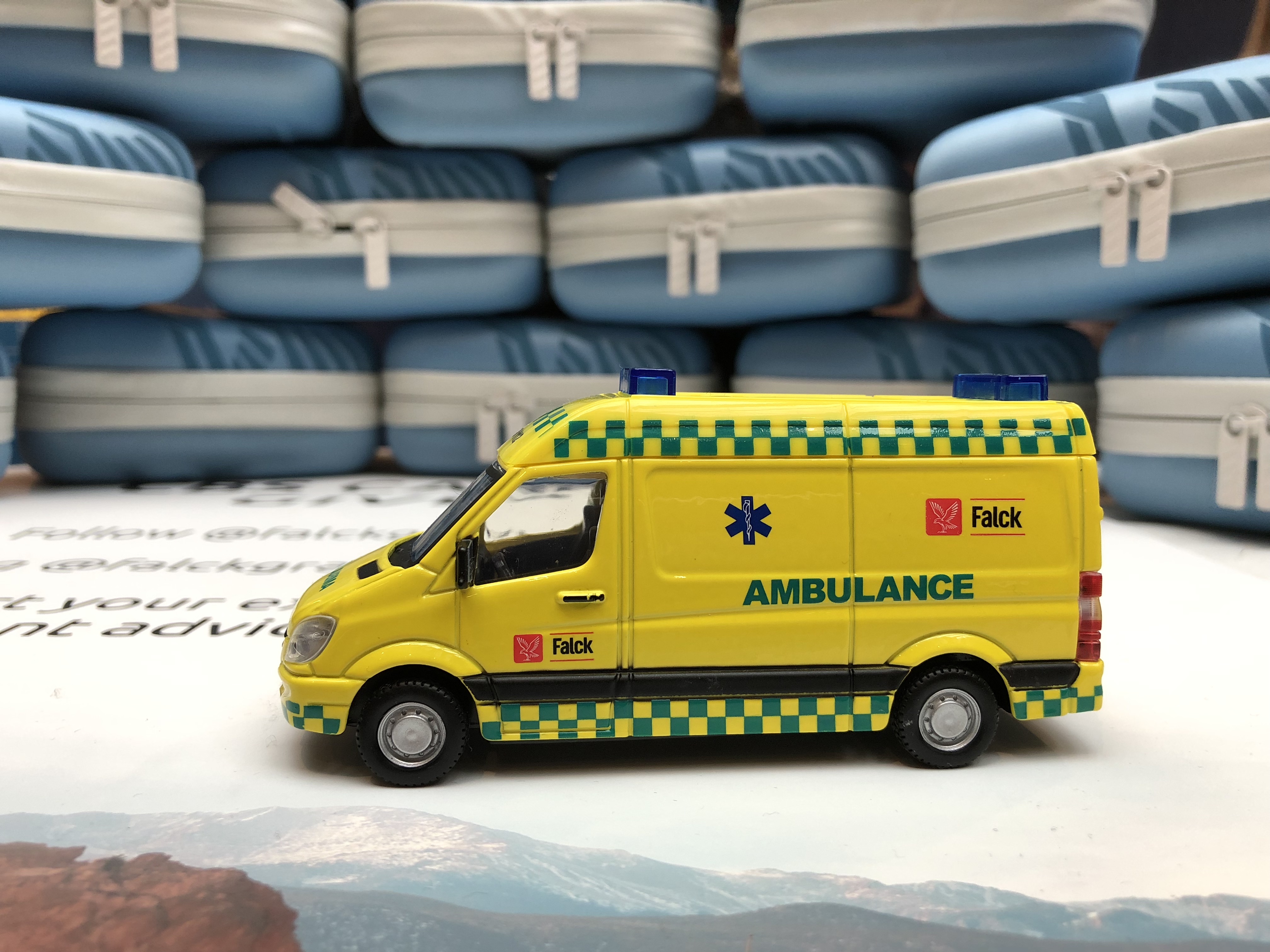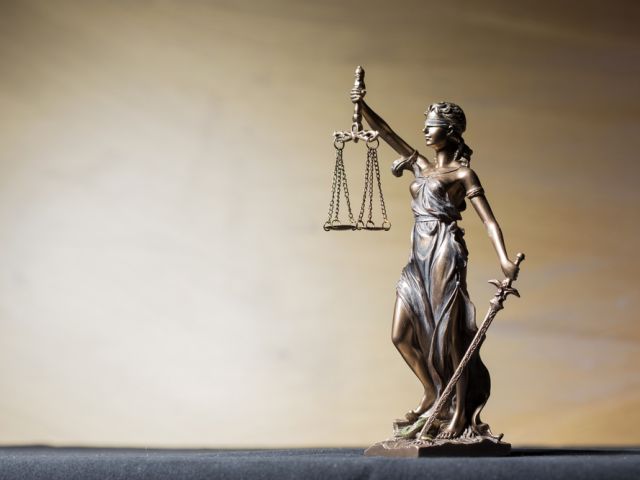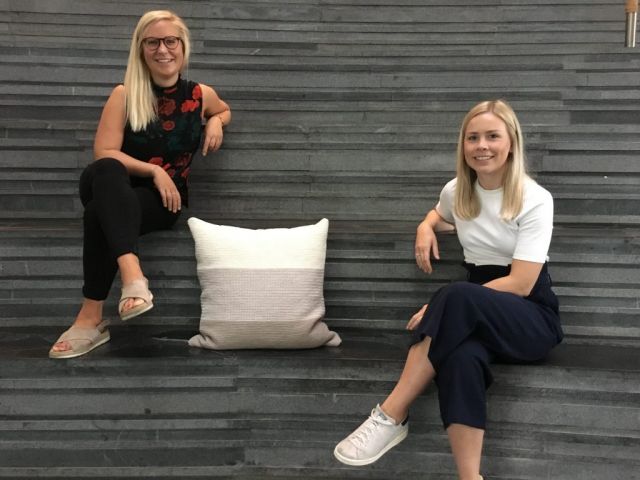Should unethical behavior lead to blacklisting of companies at CBS?

(Photo: Mette Koors)
Emergency services group Falck has been reported to the Danish Fraud Squad for misusing their market position by spreading fake news about their competitor Bios and pushing them out of the market. Also, Falck had a booth at CBS’ career fair. Should CBS blacklist companies that behave badly?
There are plenty of examples of unethical behavior in business.
In 2017, news emerged that H&M regularly burned thousands of kilos of new products at Danish waste disposal plants. In 2018, Danske Bank’s money laundering case was the talk of town. And 2019 started off with the emergency services group Falck being reported to the Danish Fraud Squad for smearing their competitor, Bios.
All three companies are visible at CBS in one way or another. Most recently at Career Fair, where H&M and Falck had a booth together with 41 other companies.
But is there a limit to the unethical behavior of partners? Should CBS turn companies away that are on a downward path, or have been previously? Should CBS blacklist them forever?
It’s hard to give these questions a clear answer, it seems.
“Falck is a company operating legally in Denmark and they hold job positions that are relevant to CBS students. They’re fully qualified to participate in Career Fair,” says Helene Brøndholt Nielsen, the Head of Alumni and Careers, and the organizer of Career Fair.
Associate Professor in CSR, Steen Vallentin, from the Department of Management, Society and Communication at CBS, says that whenever companies fail to act responsibly and according to the law, there should be repercussions. To some extent.
“It’s obvious that Falck needs to get a rap over the knuckles if they act inappropriately. And CBS can criticize their behavior, however, their activities at Career Fair have a different purpose,” he says and continues:
“Here, students aren’t told by Falck’s managers how to manage. On that parameter, Falck leadership has for the time being lost credibility. But it wouldn’t make much sense to blacklist the company as such, considering the important contributions to public health and safety it is normally known for and the good work that is carried out every day by its employees and managers.”
With social media, shitstorms can occur at a furious pace, and we have very polarized debates about ethical behavior
Steen Vallentin
Maribel Blasco, Associate Professor at the Department of Management, Society and Communication was especially critical towards CBS’ collaboration with Danske Bank in the autumn of 2018. She thinks CBS has a choice in terms of who they present to students both at Career Fair and in general.
“CBS has a choice when choosing role models for students. CBS has a large portfolio of companies they work with, and it’s entirely feasible to select ones with a good reputation,” she says.
But.
“However, I don’t think CBS should blacklist Falck. Instead, they could come to CBS and explain their problems and engage with the students about what could have been done about it. I think they could learn a lot – both students and Falck.”
Social media can create shitstorms
Both Maribel Blasco and Steen Vallentin note that no company is perfect, and that almost everyone has ‘something’ that blights their reputation. But have consumers, students, politicians and the public become more aware of how companies behave?
“Definitely,” says Steen Vallentin and continues:
“With social media, shitstorms can occur at a furious pace, and we have very polarized debates about ethical behavior. Will we end up living in a world where nothing is good enough? But CBS can’t stigmatize a company forever. That wouldn’t make much sense. Consumers and individuals can do that.”
Maribel Blasco experiences something similar in her work.
“The students I teach are especially observant about this topic at the moment, and I get the impression they’re very ethical and conscientious,” she says.
And students should use that awareness when deciding where to send their job applications. This isn’t something that CBS can decide for them by excluding certain companies from Career Fairs or other events.
“We don’t force them to apply for a job at Falck, just because Falck is present. It’s the responsibility of the individual student to determine what values they deem important. And as far as I know Danske Bank, for example, doesn’t have a hard time recruiting graduates,” says Steen Vallentin and adds:
“And then we have to remember that we’re dealing with legal companies, which have a license to operate, so to speak.”
Don’t draw in your horns
There seems to be a consensus for CBS not blacklisting companies for acting irresponsibly. But can CBS draw a line?
“Of course they can. And it’s good if they do. But it has to be well-thought-out. Sometimes it’s better to start a debate instead of getting ready to charge. And CBS could see themselves in a position where they offer a solution to the problem instead of turning their back on it. As a well-founded public institution, I think we should show our support and make our resources available to companies. Including those in trouble,” says Steen Vallentin.
Others would argue that CBS graduates would have the necessary mindset to guide organizations and companies to act more responsibly and live up to social contracts. But changing a company’s culture isn’t that easy, points out Maribel Blasco.
“The issue here is that when graduates join companies or organizations, they get lulled into the culture there. And as a new employee, it can be difficult to change that culture. It’s good, of course, to have students from CBS who are ambassadors of proper behavior, but research shows us that the opposite happens. And then you can either stay and fight, or you can leave if you don’t agree,” says Maribel Blasco.
So what should CBS do? Should we put companies on a time-out while they sort out the issue? Should we bring them even closer to CBS? Should we completely blacklist them? How would you deal with this?
Post a comment in the comments field below.





































































































































Comments